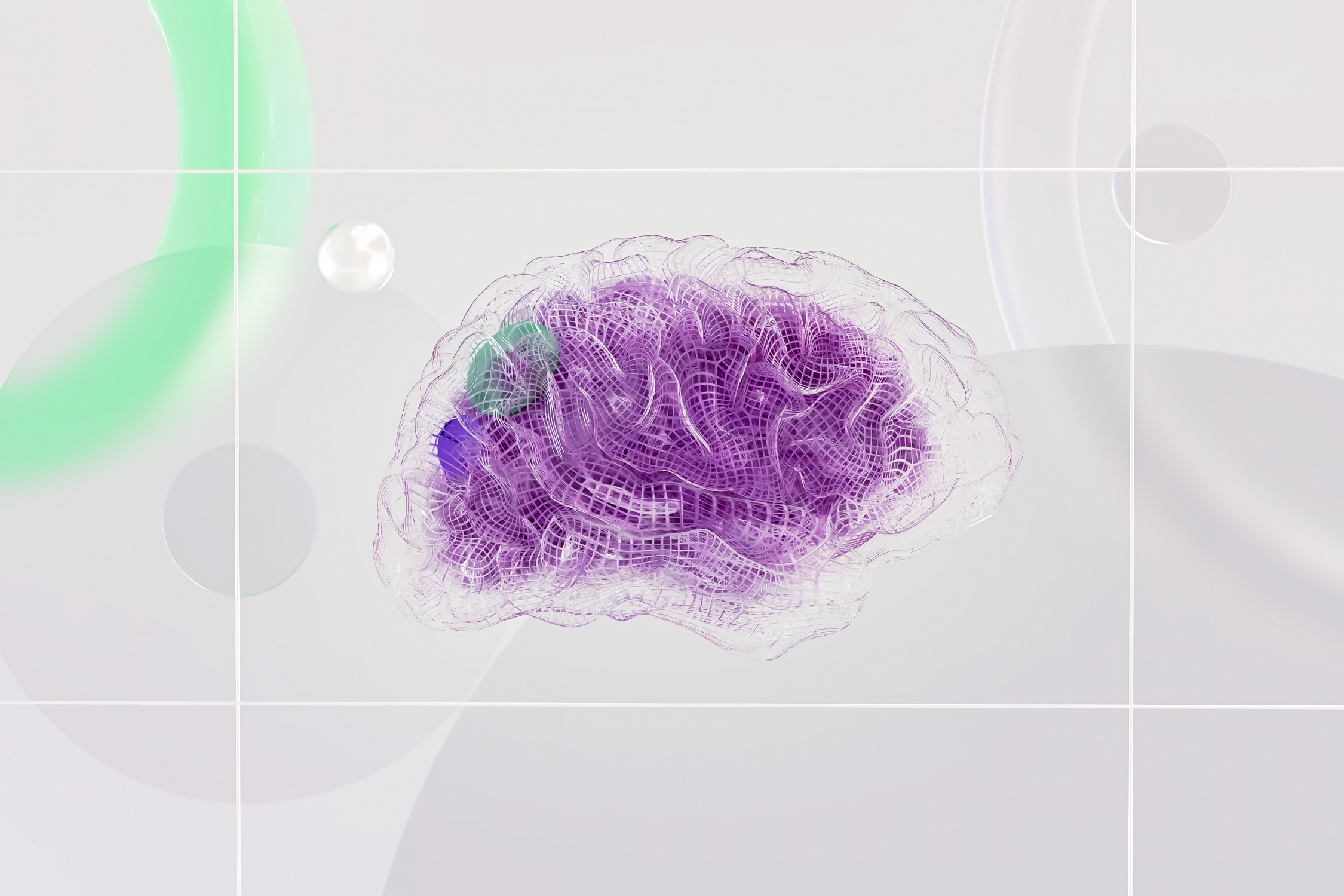Contrary to what some individuals may believe, the use of alcohol and other drugs at any intensity can trigger lasting changes to brain structure and functioning. Such changes can make an individual increasingly vulnerable to the development of substance use disorder (SUD), addiction, as well as other mental health disorders. By discussing the specific impacts of repeated alcohol and drug use on brain functioning, individuals can make more informed decisions regarding their substance use in daily life.
At CCM, we offer a wide range of holistic behavioral health solutions to individuals and families impacted by addiction, substance use, and mental health disorders in any severity. We work to meet our clients and their families where they are in their recovery – whether they find themselves in the beginning stages of sobriety or require services to cope with large-scale crises. Moreover, at CCM, our collaborative care teams are well-versed in the trials and challenges associated with repeated substance use and its effects on the whole family. For this reason, we work to ensure that our clients understand the potential harms of repeated substance use on brain functioning to prevent worsening harm from surfacing.
The Basics of Brain Functioning
To understand how repeated alcohol and drug use impair brain functioning, it is important to have a basic understanding of how the brain functions in daily life. As the National Institute on Drug Abuse (NIDA) explains, our brains and bodies are filled with cells called neurons that are responsible for carrying messages back and forth from the brain throughout the rest of the body. On a larger scale, neurons are organized into various networks and circuits throughout the body that are each responsible for coordinating and performing functions.
As NIDA states, “The neurons send messages to each other by releasing chemical substances called neurotransmitters into the gaps between cells. These gaps are called synapses.” When a neurotransmitter crosses the synapse, it attaches to a receptor on another neuron, similar to how a key fits into a lock. Once a neuron attaches to a receptor, it essentially causes changes to the receiving cell. When enough of these receiving neurons are changed within a circuit or network, it triggers the performance of a specific function.
How Does Repeated Substance Use Affect Brain Functioning?
According to NIDA, “Drugs interfere with the way neurons send, receive, and process signals via neurotransmitters.” Each type of drug does this differently. For instance, the chemical structure of both marijuana and heroin mimic the structure of natural neurotransmitters in the body. Thus, when an individual uses these drugs, the drug may seemingly attach to and activate their neurons naturally; yet, this is not the case. These substances actually activate neurons in a very different way and lead to abnormal messages sent throughout the brain and body.
Other drugs, like stimulants, inform abnormal surges of natural neurotransmitters in the brain and body. This triggers an amplification of normal communication between neurons, which can cause lasting impairments in brain structure and functioning.
In addition to affecting brain functioning via neurotransmitter communication, repeated alcohol and drug use also alters brain functioning by disrupting the performance of specific brain areas. Some of the areas most impacted by continued substance use include:
- Basal ganglia: Responsible for identifying positive forms of motivation and plays an important role in the formation of habits and routines
- Extended amygdala: Responsible for regulating stressful feelings such as anxiety, unease, and irritability
- Prefrontal cortex: Responsible for powering the ability to exert self-control over impulses, make decisions, think things through, plan ahead, and solve problems
Furthermore, NIDA also explains that “Long-term use also causes changes in other brain chemical systems and circuits as well, affecting functions that include:”
- Learning
- Judgment
- Decision-making
- Stress
- Memory
- Behavior
How Family Roles and Dynamics Can Facilitate Substance Abuse
Despite knowing the potential consequences of repeated substance use on brain functioning, there are still many reasons why individuals may engage in alcohol and drug use. There is no one risk factor for substance use; rather, a combination of biological and environmental factors can make an individual more vulnerable to alcohol and drug use in life. The same can be said when considering the risk factors for addiction.
Some specific risk factors for alcohol and drug use include:
- An individual’s unique genetic makeup
- Family history of substance use or mental health disorders
- Gender
- Ethnicity
- Negative, chaotic, or otherwise traumatic home environments
- Having parents or siblings who use alcohol or other drugs
- Substance use or experimentation among peer groups
- Low academic achievement
It is also necessary to understand the impact of family roles and dynamics on substance use. As mentioned above, having parents and/or siblings who engage in substance use can increase an individual’s risk of repeated alcohol and drug use later in life. However, other family dynamics, such as codependency, enabling behaviors, divorce, and dysfunctional family roles, can also contribute to future substance use.
More often than not, family roles and dynamics facilitate initial and continued substance use through means of self-medicating. Individuals and families may engage in alcohol and other drug use to cope with trauma and familial dysfunction. Unfortunately, however, repeated substance use will only worsen preexisting problems. Luckily, there are treatment programs and resources available to help families heal together.
Healing Together as a Family
Recovering from the lasting impact of repeated substance use on brain functioning is no easy feat. However, with the help of holistic, collaborative care professionals and associated interventions, families can secure lasting healing and sobriety. At CCM, we not only address the crisis within the individual but also work to support and guide the family to the discovery of new and improved roles and dynamics. Some of the services we offer include, but are not limited to:
- Treatment consultations
- Intervention services
- Private intensive case management services
- Recovery specialists
- Tele-therapeutic support
Repeated alcohol and drug use triggers lasting changes to brain structure and functioning, making you more vulnerable to the development of substance use disorder (SUD) and other mental health disorders. Understanding how alcohol and drug use uniquely impact brain functioning can help prevent future substance use as well as encourage treatment for those who are struggling. At CCM, we understand that factors such as dysfunctional family roles and dynamics can make you vulnerable to continued alcohol and other drug use. With this, we encourage you to recognize recovery as a family affair. Fortunately, we can support and guide your family to securing lasting healing and recovery. Call (855) 467-3226 today to learn more.



